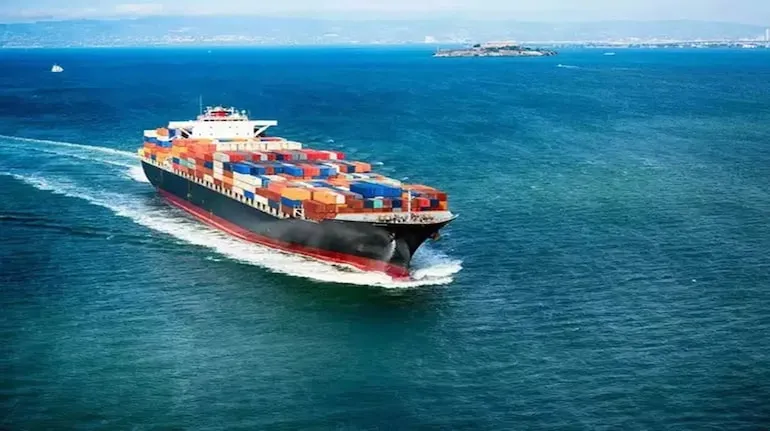India’s trade deficit reduced to $21.94 billion in December 2023, which is considered an important achievement towards economic stability and better trade management. This reduction not only gives a positive sign for the country’s economy, but also strengthens India’s financial position amid global economic uncertainties.
What is trade deficit?
Trade deficit occurs when a country’s imports exceed its exports. This means that the country is selling less than what it is buying from the foreign market. In the context of India, the trade deficit generally increases due to import-dependent sectors like crude oil, gold and machinery.
Trade deficit in December 2023: key points
India’s trade deficit came down to $21.94 billion in December, which is less than in previous months. The main reasons for this decline are believed to be the decline in import costs and stable export performance.
due to deficit reduction
- Fall in crude oil prices: Fall in energy prices in the global market reduced India’s import expenditure.
- Stable performance of exports: Sectors like agriculture, pharmaceuticals and textiles maintained the balance in exports.
- Seasonal Effects: The month of December is usually favorable for business as the demand and supply cycle changes at the end of the year.
Why is trade deficit reduction important?
Reduction in trade deficit has many positive effects on the country’s economy. From this:
- Foreign exchange reserves strengthen.
- Rupee remains stable.
- Investor confidence increases.
- Control on inflation: Reduction in import costs reduces pressure on domestic prices.
Major sectors promoting exports in December
The following sectors played an important role in India’s export performance:
- Agricultural Products: International demand for rice, sugar and spices remained strong.
- Pharmaceuticals: Indian generic drugs continued to dominate the global market.
- Clothing and Apparel: There was steady demand for textiles from Europe and America.
Due to decrease in imports
The decline in imports in December was mainly due to the following reasons:
- Fall in crude oil prices: Import expenditure of energy sector decreased.
- Decline in demand for gold: There was a decline in demand for gold after the festive season.
- Import of electronics decreased: Decrease in consumer demand affected imports of electronic goods.
Challenges that may affect the trade deficit
Although the December figures are encouraging, maintaining the trade balance may be challenging in the coming months.
- Threat of global recession: Slow global economy may put pressure on India’s exports.
- Geopolitical Tension: Trade restrictions and supply chain disruptions can affect the trade balance.
- Dependence on Crude Oil: India’s energy needs are dependent on imports, which has a major impact on changes in crude oil prices.
Steps taken by the government
The government has taken several policy steps to control the trade deficit:
- Export Promotion: Exports are being promoted through programs like Production Linked Incentive Scheme (PLI).
- Reducing dependence on imports: To increase domestic production, investments are being made in the fields of electronics, chemicals and renewable energy.
- New Business Partners: Trade relations with Africa, Latin America and South-East Asia are being strengthened.
Global scenario and India’s trade deficit
India’s trade deficit is linked to global economic trends. Many countries are facing trade imbalances due to supply chain disruptions, inflation and geopolitical tensions. However, the decline in trade deficit in December shows that India is able to deal with these challenges.
